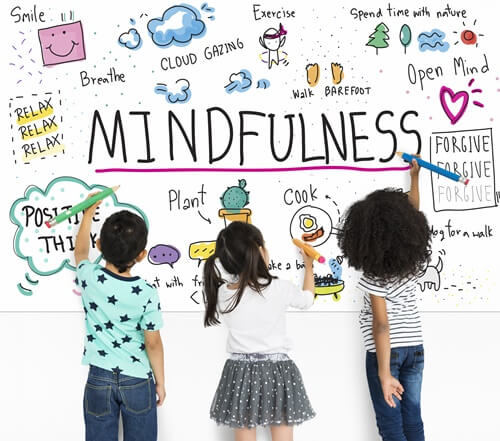
In today’s rapidly changing world, academic success alone is not enough to prepare children for the challenges they will face in life. Equally important is the development of strong social and emotional skills that enable them to navigate relationships, manage emotions, and make responsible decisions. After-school care environments play a crucial role in cultivating these essential character traits. In this blog post, we’ll explore the significance of social and emotional learning (SEL) in after-school care and discuss strategies for fostering positive character development.
Understanding Social and Emotional Learning (SEL)
Social and emotional learning (SEL) encompasses a range of skills and competencies, including self-awareness, self-management, social awareness, relationship skills, and responsible decision-making. These skills are fundamental to children’s overall well-being and academic success. After-school care environments provide a unique opportunity to integrate SEL into daily activities and interactions.
Creating a Safe and Supportive Atmosphere
The foundation of SEL in after-school care begins with creating a safe, welcoming, and inclusive environment where children feel valued, respected, and supported. Establishing clear expectations, promoting positive behavior, and fostering a sense of belonging are essential for building trust and rapport among students and staff.
Emphasizing Self-Awareness and Self-Management
Helping children develop self-awareness and self-management skills is key to SEL. After-school care providers can encourage students to identify and express their emotions, recognize their strengths and areas for growth, and practice techniques for regulating their emotions and behaviors. Activities such as journaling, mindfulness exercises, and reflection can promote self-awareness and self-control.
Promoting Social Awareness and Relationship Skills
SEL also involves understanding and empathizing with others, as well as building healthy relationships. After-school care programs can incorporate activities that promote social awareness, such as discussing diversity and inclusion, practicing perspective-taking, and engaging in cooperative games and group projects. Encouraging positive communication, active listening, and conflict resolution skills helps students develop strong relationship skills.
Encouraging Responsible Decision-Making
Teaching children to make responsible decisions is an essential aspect of SEL. After-school care providers can empower students to consider the consequences of their actions, weigh their options, and problem-solve effectively. Providing opportunities for students to make choices, set goals, and reflect on their decision-making process fosters autonomy and accountability.
Integrating SEL into Activities and Curriculum
SEL can be seamlessly integrated into various after-school activities and curriculum areas. For example, arts and crafts projects can promote creativity and self-expression, while team sports and cooperative games can foster collaboration and sportsmanship. Literature discussions, role-playing scenarios, and community service projects offer opportunities for exploring social and emotional themes.
Collaborating with Families and Communities
Effective SEL implementation requires collaboration between after-school care providers, families, and community partners. By involving parents in the SEL process, sharing resources and strategies, and seeking input on programming, after-school care programs can create a holistic support system that reinforces SEL skills both at home and in the community.

Cultivating character through social and emotional learning in after-school care environments is essential for preparing children to thrive in school, relationships, and life. By creating a safe and supportive atmosphere, emphasizing self-awareness and self-management, promoting social awareness and relationship skills, encouraging responsible decision-making, integrating SEL into activities and curriculum, and collaborating with families and communities, after-school care providers can empower students to develop the skills and competencies they need to succeed both academically and personally.